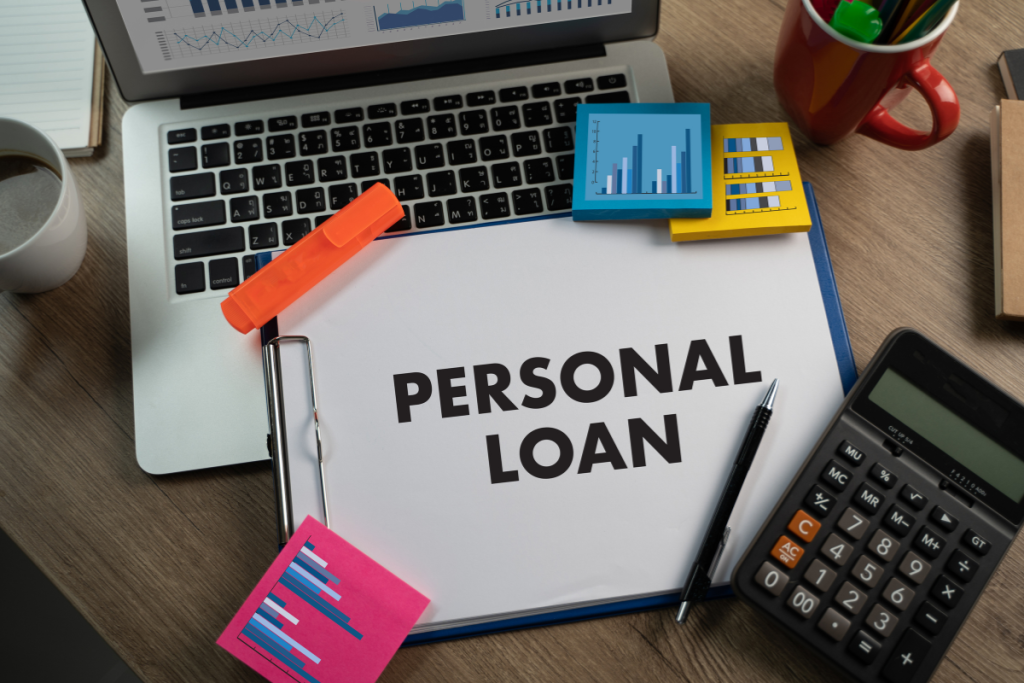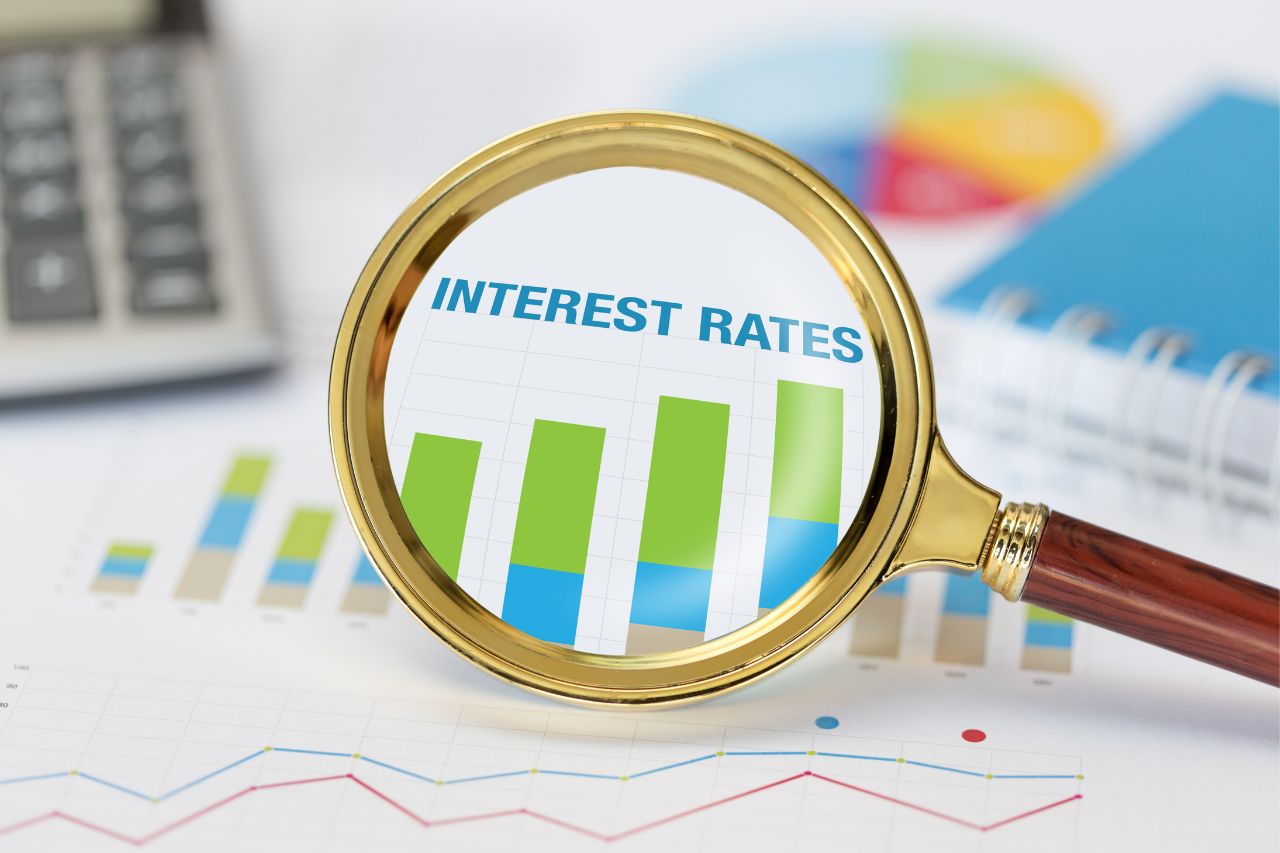In today’s world of easy access to credit, it’s not uncommon for individuals to find themselves managing multiple debts—ranging from credit card balances to personal expenses and medical bills. For many Singaporeans, the stress of keeping up with different repayment schedules and high-interest rates can quickly become overwhelming. Thankfully, there are viable solutions to help regain control: debt consolidation and personal loans.
While both options can provide relief, they serve different financial needs. A Singapore licensed money lender can offer either solution depending on your eligibility, with clear terms regulated under local law. This guide will break down the differences between debt consolidation and personal loans, weigh their advantages and disadvantages, and help you decide which approach fits your financial goals best.
Understanding Debt Consolidation
Debt consolidation involves merging multiple debts—such as credit card balances, medical bills, or other unsecured loans—into a single personal loan. This strategy is often used to manage debt more efficiently by streamlining repayments and, ideally, securing a lower interest rate compared to the original debts. By consolidating what you owe into one manageable monthly payment, you can reduce the risk of missed deadlines, simplify your finances, and potentially save money in the long run. It’s a practical option for those looking to regain control of their financial situation and work toward becoming debt-free more systematically.
How It Works
You take out a new loan or credit facility that covers all your existing debts. This new loan pays off your other creditors, leaving you with just one monthly repayment. In Singapore, this often comes in the form of a Debt Consolidation Plan (DCP), a structured facility offered by banks and financial institutions regulated by the Monetary Authority of Singapore (MAS).
Who It’s For
- Individuals with multiple unsecured debts (e.g., credit cards, personal lines of credit)
- Borrowers finding it hard to track multiple due dates
- Those with high-interest debts looking to reduce financial burden
What Is a Personal Loan?
A personal loan is a fixed-sum borrowing that you can use for a variety of purposes—be it a wedding, medical emergency, travel, or even debt repayment. Unlike debt consolidation loans, personal loans are not specifically tied to settling other debts, although they can be used that way.
How It Works
You apply for a loan with a bank or licensed moneylender and, upon approval, receive a lump sum. You then repay the loan in fixed instalments over a set term, usually between one and five years.
Who It’s For
- Individuals with a single debt or a need for lump-sum financing
- Those looking for quick access to cash for diverse purposes
- Borrowers with a relatively healthy credit score
Key Differences Between Debt Consolidation and Personal Loans
| Feature | Debt Consolidation | Personal Loan |
|---|---|---|
| Purpose | To merge and repay existing debts | General borrowing, including debt repayment |
| Eligibility | Typically for those with ≥12x monthly income in unsecured debt | Based on income, credit score, and purpose |
| Interest Rate | Often lower due to targeted nature | Varies widely depending on creditworthiness |
| Loan Tenure | Up to 10 years | Usually 1 to 5 years |
| Repayment | One monthly payment to a single creditor | One monthly payment but not tied to debt reduction |
| Discipline Required | High – prevents further borrowing | Varies – easy to rack up new debts if used for debt repayment |
Advantages and Disadvantages
Debt Consolidation – Pros
- Simplified Finances
One monthly repayment makes it easier to manage and reduces the risk of late payments. - Lower Interest Rates
Consolidation plans often have lower interest rates compared to credit cards or personal loans, reducing the overall cost of borrowing. - Debt-Free Timeline
A structured repayment plan puts a clear end date on your debt obligations. - Credit Score Improvement
Consistent payments may improve your credit score over time, especially if previous debts had high utilisation rates.
Debt Consolidation – Cons
- Restricted Eligibility
You usually need a high amount of debt (at least 12 times your monthly income) to qualify for a DCP in Singapore. - Longer Commitment
Lower monthly payments may come with a longer tenure, increasing total interest paid if not managed carefully. - Access to Credit May Be Restricted
During the plan’s term, your access to other forms of unsecured credit may be suspended or limited.
Personal Loan – Pros
- Flexibility
Funds can be used for any legal purpose—not just debt repayment. - Faster Approval
Many lenders offer quick approval, making personal loans ideal for emergencies. - No Requirement for Existing Debts
You don’t need to be in financial distress to qualify. - Available for Smaller Amounts
Ideal for borrowers who need less than what’s required to qualify for a debt consolidation plan.
Personal Loan – Cons
- Higher Interest Rates
Especially if your credit score is average or below, you may pay significantly more in interest. - Temptation to Overspend
If used to repay credit card debt, there’s a risk of racking up new charges on the now-cleared cards. - May Not Solve Root Problem
It’s a tool, not a strategy. Without better money management, you might return to the same financial difficulties.
When to Choose Debt Consolidation Over a Personal Loan
Debt consolidation is typically better when:
- You have several high-interest debts and are struggling to manage them
- Your total unsecured debt exceeds 12 times your monthly salary
- You are serious about becoming debt-free and can commit to disciplined repayments
- You qualify for a DCP from a participating bank or financial institution
Example Scenario:
Let’s say you owe SGD 15,000 across four credit cards with an average annual interest rate of 26%. Consolidating this into a loan at 10% interest over 5 years could significantly lower your monthly repayments and interest costs.
When a Personal Loan Might Be Better
Opt for a personal loan when:
- You only have one or two small debts and can manage repayments
- You need a loan for non-debt purposes like education or home renovation
- Your credit score is good and allows access to favourable terms
- You need funds quickly and in a more flexible manner
Example Scenario:
You need SGD 6,000 for unexpected medical expenses. A personal loan from a licensed lender with a competitive interest rate and a short tenure might be more practical than applying for a DCP.
Legal and Regulatory Considerations in Singapore
In Singapore, debt consolidation plans are governed by the Association of Banks in Singapore (ABS) and regulated by MAS. They offer protection for borrowers and are only available through participating financial institutions.
On the other hand, personal loans are available from both banks and licensed moneylenders. Borrowers must ensure they approach only licensed moneylenders, whose practices and interest rates are governed under the Moneylenders Act.
MAS imposes caps on effective interest rates and administrative fees for personal loans, especially from moneylenders, to prevent predatory lending.
Points to Consider Before Choosing

Before choosing between debt consolidation and a personal loan, ask yourself:
- What is the total amount of debt you owe?
- What interest rates are you currently paying?
- Can you commit to a disciplined repayment plan?
- What is your credit score and how does it affect your borrowing options?
- Are you looking for long-term financial recovery or short-term relief?
Final Thoughts: Which One Is Better?
There is no one-size-fits-all answer. The better option depends on your specific circumstances:
- If your goal is to eliminate debt, and you’re overwhelmed by multiple repayments, debt consolidation is likely the better solution.
- If your goal is flexible borrowing for diverse purposes and you have manageable debt, a personal loan might offer the convenience and freedom you need.
That said, both options require responsible financial behaviour. A loan—consolidated or personal—is not a bailout. It’s a tool to help you regain control, provided it’s used wisely.
Tips for Smart Borrowing
- Compare multiple lenders before committing.
- Read the fine print—be clear on interest rates, late fees, and prepayment penalties.
- Set a budget that includes your new loan repayment.
- Avoid accumulating new debt after consolidating.
- Seek financial advice if unsure about your best path forward.
By understanding the difference between debt consolidation and personal loans, you’re better equipped to take control of your finances in a structured and strategic way—ultimately setting yourself on a path toward financial wellness and peace of mind.





